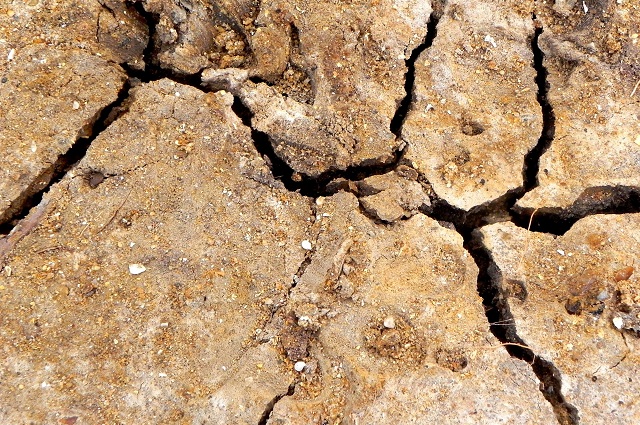News Story
(Below is a backup copy of the original article with as much credit to the publisher as well as the author that we can provide. By no means do we mean to violate any copyright laws. This page is appearing because someone indicated that the original story was unavailable.)

- 0 Agrees
- 991 Views
- 0 Comments
- 0 Shares
 If clicking the article title leads to
If clicking the article title leads to the original full story page...
The Tragic Reason Donald Trump Doesn’t Drink Will Make You Rethink Everything
One little-known fact about President Trump? He doesn’t drink. Ever. In fact, while we take what he says with a grain of salt, he told news outlets that he has never had a drink and never plans to.
“I’ve never had a drink,” Donald Trump told Fox News after his election in 2016. Trump has avoided alcohol his entire life, a first among modern U.S. presidents.
“If you don’t start you’re never going have a problem. If you do start you might have a problem. And it’s a tough problem to stop,” Trump told Fox.
George W. Bush went dry after years of heavy boozing, FDR kept a martini close at all times, and Lyndon B. Johnson was known for his capacity to down copious amounts of whiskey and sodas. Richard Nixon, perhaps the largest drinker of the bunch, was “prone to morose self-pity” for which booze was his vice of choice.
Trump may have the correct idea to remain sober, especially during America’s turbulent state of messy foreign relations, economic crisis, and environmental concerns (regardless of how many of these he is aiding along). According to Nixon’s Secretary of State, Henry Kissinger, his late-night drinking was a serious problem, especially when late-night threats of military action were made and he was inebriated.
Trump allegedly ordered his children to do as he says (and as he does) and resist alcohol. “I’ve been very tough on my children with respect to drink [sic],” he said. This sober mentality includes drugs and cigarettes as well.
Ivanka seems to follow her father’s advice, telling Harper’s Bazaar, “I pretty much only drink water, Tazo passion tea or coffee with half and half.” The same can’t be said for Eric, who owns and acts as president of Trump Winery, in central Virginia.
While Trump in part won over working-class voters with promises to alleviate the abundance of drug addiction and abuse that has plagued America, he hasn’t completely lived up to the promise. His directive, released in October, did not specifically release any additional funds to deal with the drug crisis.
The epidemic itself claimed more than 59,000 lives in 2016 according to The New York Times. Public health specialists, including some from his own administration, argue that rapid and costly expansion of medical treatment is necessary in order to successfully address the crisis.
Per usual, the president went off-script during the October signing of a memorandum to declare the opioid crisis a national public health emergency. However, this time, it wasn’t to make a snide comment at the “Fake News” media or back-handedly insult a minority group.
Trump told those who had gathered in the White House’s East Room, many of whom had lost loved ones to drugs, about someone he was close to who he’d lost to a similar disease: Alcoholism. The president, who rarely talked about his older brother, Fred Trump, called his brother’s struggle with addiction, “the saddest part in what I’ve been through.”
The tragic reason behind President Trump’s sobriety? His older brother, Fred, “one of those heart-breaking men who could not stop drinking,” was a dangerously unhealthy alcoholic. According to Donald, when Fred went off to college, he began to drink too much. “He would tell me, ‘Don’t ever drink. Don’t ever drink,'” and Donald has heeded that advice.
In Donald’s mind, one drink could potentially spiral into an addiction like Fred’s. He has discussed his fear that he might have a gene that would make moderate drinking impossible.
Donald’s other brother, despite giving him life-changing advice, couldn’t follow it himself. He died at age 42, and while the actual cause of death is not on record, Donald has opened up to reporters about Fred’s death from alcoholism.
This was the defining moment for the current POTUS. Patricia Olsen and Petros Levounis, M.D., wrote that it’s difficult to remain “detached and impassive,” to a sibling’s habits in their book, Sober Siblings. They urge nondrinkers in a drinking family to get treatment along with the alcoholic family members.